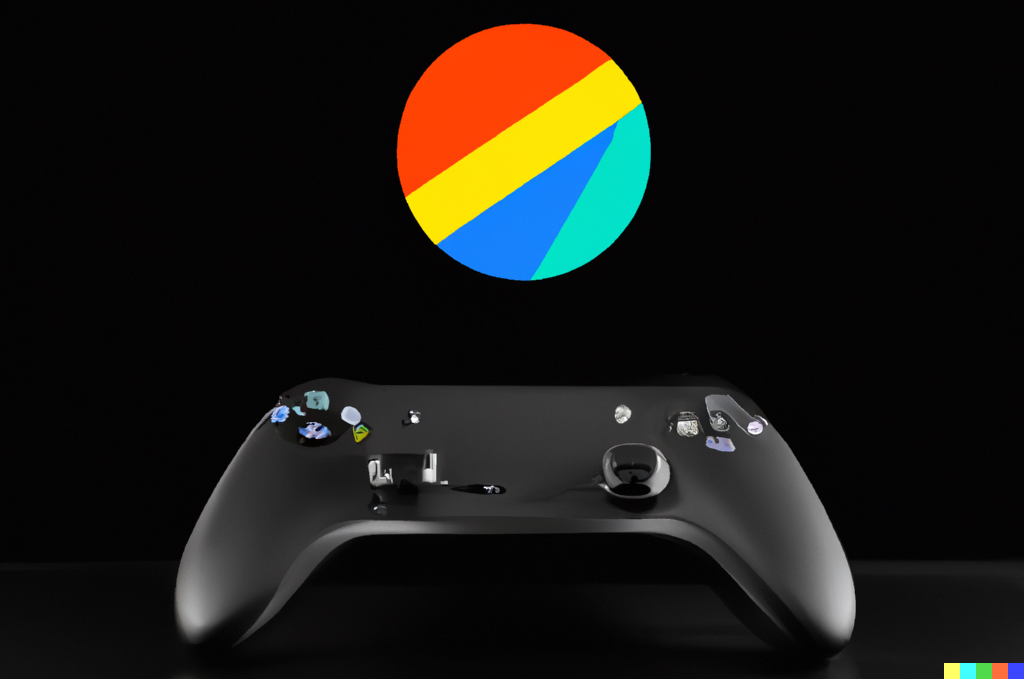In their latest blog post, Google has announced that they will be shutting down Stadia - their cloud gaming platform. In this blog post we will try to assume what went wrong and dig deeper into "Why?".

Google is shutting down Stadia, their long-term perspective product that was meant to "disrupt" the cloud gaming industry as a whole. For the biggest reason Google is naming a "lack of traction". Basically this means that not as many people as they expected, decided to pay for the service itself. But why this happened? We'll try to explain the potential reasons below.
Google has already announced shrinking of the teams working on Stadia before, so this decision does not come as a surprise to many. In fact, many of us - cloud gaming enthusiasts and builders, have already anticipated this from Google.
When we talk about Clastr, one of the frequent questions we get are: "Why did Google Stadia fail?" even before Google announced their bad news. One bright light is that Google will be refunding every game, dlc's and hardware, which is pretty surprising decision, but also really good one for the gamers as legally - they didn't have to do that. What else is surprising is that on the day Google announced the Stadia shutdown, Stadia has published new games on their platform, as well as a changed the user interface. It seems like management decided on this decision without informing the team building the service, but this is just a speculation, as the following reasons why Stadia failed.
Why did Stadia fail?
Too many apples to joggle:
Hardware, platform, dedicated developers, software quality, latency, quality of streaming - handling all of this might be really tough, even for the Google. Just building a controller is complicated enough, but having it work with a dedicated platform and games, requires another level of effort from developers.
Purchasing games on the platform itself:
This might be another reason Stadia didn't gain traction. If you buy a game on Steam, you cannot play it on Stadia. This proposes a problem for many people, since they usually do not like to be bound by the limits of one platform. This very well might be a reason for the gamers to turn away from Stadia.
Lack of funding:
Although Stadia is a part of one of the biggest companies in the World, the funding is not unlimited. Alphabet has limited amount of resources they can put into developing certain products. It would be interesting to know how much funding has Google plummeted into Stadia, and we will know this in the next years' financial report.
Too complicated to try out:
This is an interesting potential reason, since Stadia after all, was different than the others. Maybe it was too complicated for the users to try out the service. This usually happens once the early adapters of a technology are already on a platform, and now it is time to get more casual users interested, the users who aren't that hyped about the cloud gaming. This barrier to entry Stadias' service was high because not many people would buy a game (they possibly already own on some other platform) just to try it out.
New direction to go into with cloud gaming:
Cloud gaming is on the rise, and one service failing won't be the reason that Google will not try their luck with cloud gaming once more. Maybe they are heading into a different direction, but only time will tell. For now we don't have any information on this since it's really early to tell anything.
Economy is starting to get bad:
Google (and other major companies in the world) already announced limited hiring, some lay-offs, and are preparing for the recession that may be on our doorstep. Usually in a recession-like environment, companies who rely on big systems to provide their services, shut down less profitable services so they would save themselves as a whole. This reason might sound extreme for the moment, but this very well might be the reason, especially with increasing energy prices - it may became expensive to provide the service for the same price as before.
Lack of effort
It's no secret that building a service, and building traction - takes time. Maybe Google just did not have enough patience to continue building the service. Cloud gaming is a young industry, and still has a lot of undiscovered potential. However, this doesn't mean that every opportunity is worth pursuing - some just might be to hard to follow up on.
White labeling - using Stadia tech for new services
Stadia as a technology company has a massive potential to change multiple industries. Low-latency video streaming is in a high demand for everyone involved into building new products related to streaming, VR, AR, drone technologies, sports, video game production, remote work, remote education, etc. It would be really interesting to see Stadia technology being implemented into multiple existing Google services.
Conclusion
Whichever of these reasons (or maybe some other reasons) have caused this, it will be really interesting to see a more detailed report from Google. However, this opens-up doors for other cloud gaming companies to grab the previous Stadia customers that will look for alternative solutions in this space. We believe that a decentralized type of cloud gaming might be solution to some of the problems mentioned above, and will continue developing our service as planned. Subscribe for updates directly at our website, and make sure to test our demo version that is basically an alternative to Moonlight or Parsec.



